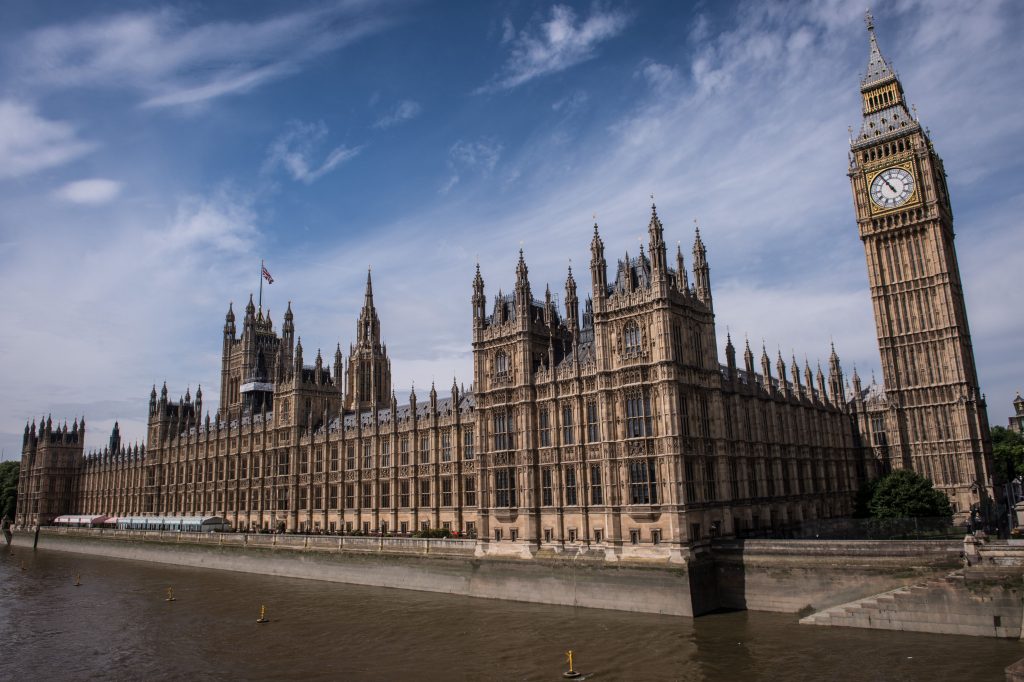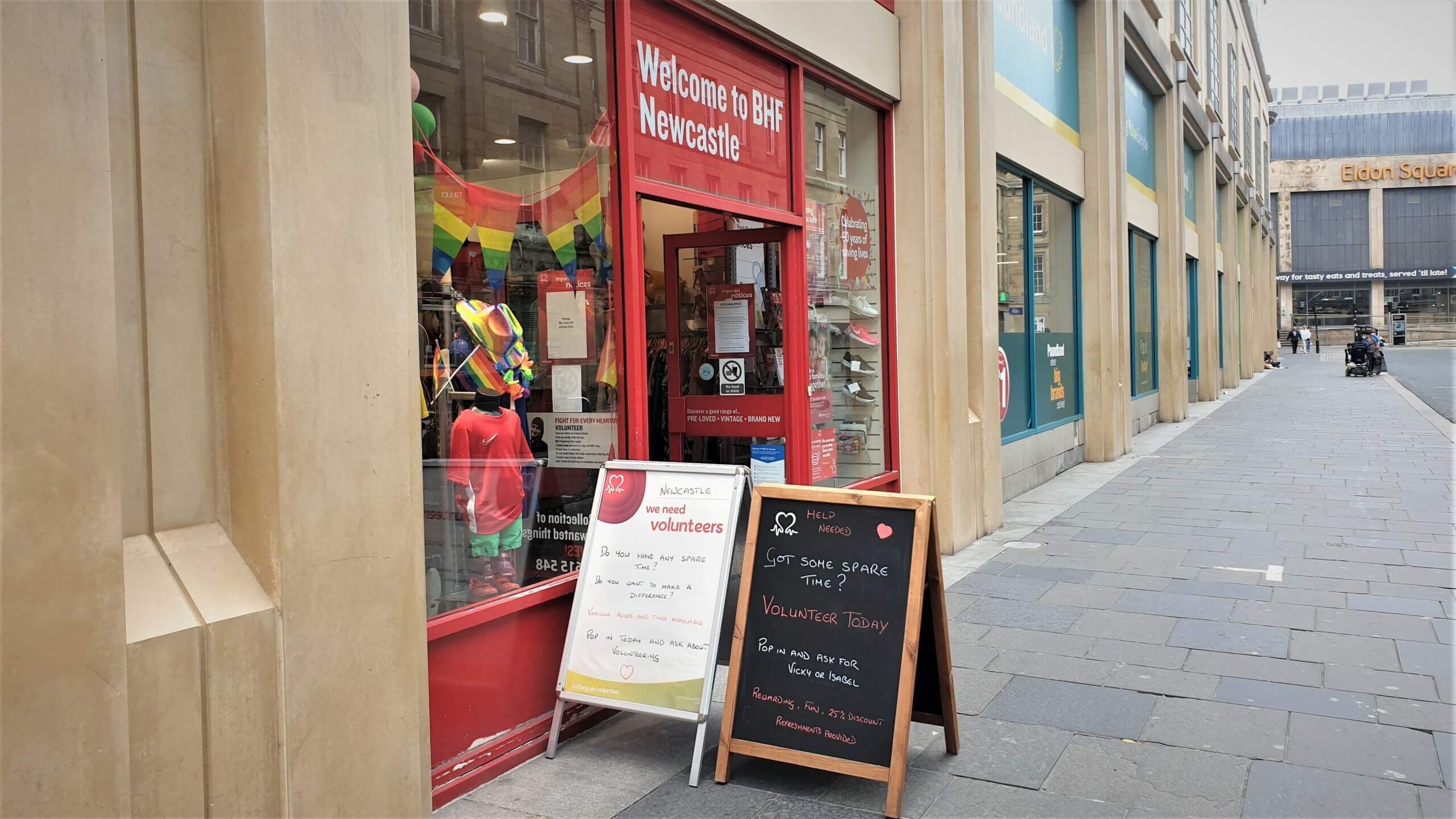
The Palace of Westminster: Stefan Rousseau/PA Wire
#HUBGE2017
First of all, what is a hung parliament?
It’s the situation which exists if, once the dust clears, no party is able to command a working majority in the House of Commons.
A “working majority” means a single party controlling at least one more seat than all the other parties added together.
Think of that as the magic number: all the others put together + one.
Although we use the single term “hung parliament”, it actually means three different things for this election:
1 – Conservative minority government
The Conservative chances of forming a government in that situation are likely to be slimmer than for Labour, because they have fewer natural allies than Labour.
In practice, there are only two parties that are natural allies for the Conservative Party – Northern Ireland’s Democratic Unionist Party (DUP) and Ulster Unionist Party (UUP).
The best result out of Northern Ireland for the Conservatives would see the two Unionist parties take 11 seats, in a result which means the Conservatives would keep power if they held onto 311 seats.
On mainland Britain, there is really only one other party that might join a Conservative coalition, and that’s the Lib-Dems, but they’d probably be very reluctant bed-fellows.
2 – Labour minority government
Labour only need to win enough seats to be able to reach the magic number with the support of the SNP, the Liberal Democrats, the Greens, Plaid Cymru and the SDLP, the centre-left Irish nationalist party.
The absolute most all those parties could win at the same time is 78, which would mean Labour would only need to make 15 direct gains from the Conservatives to form a minority government.
This would work only if the SNP held off the Scottish Conservative advance, and if the Lib-Dems made gains.
Essentially, for every seat Labour gains that takes them above 247, the better their chances of forming the next government, albeit a coalition.
A hung parliament is a much less difficult scenario for Labour than for the Conservatives. But of course, for every seat Labour wins itself, the more it can get done without cutting deals.
The biggest consequence of a Labour minority administration would be that Britain would almost certainly remain in the single market and have a vote on the deal, as those two items are non-negotiables as far as the SNP, Plaid Cymru, the Greens and the Liberal Democrats are concerned.
3 – Neither Labour nor the Conservatives have enough partner-parties to form a government
In that case, what would likely happen is a repeat of 1974: the largest party staggering on for a few months until another election, when it would hope to get a majority of its own.
A re-run is unlikely – but don’t rule it out.



